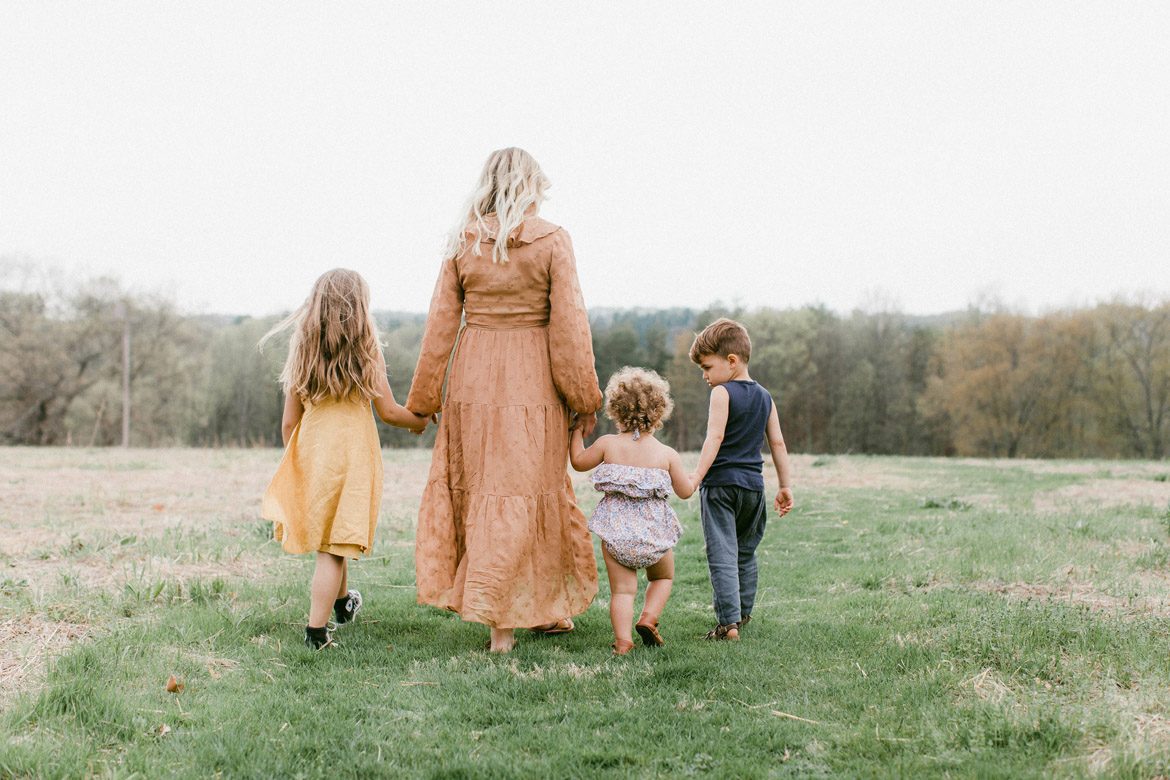By Kelly Eden-Calcott
I am a solo parent, a homeschooler and a freelance writer. Even though I’m with my kids a lot, some days it feels like I’m just rushing around doing tasks and not really “with” my kids at all.
There’s housework to be done, I’ve got clients to deal with, and when you’re homeschooling there’s that teacher/student dynamic that can often be more about getting your child to produce or do something (“Have you done all of those math questions yet?” “Make sure you check your spelling!”) rather than about building relationship with them.
Why the big exciting stuff is great but the tiny things matter more
My girls and I have just come home from four days away together. It was fantastic! We went to see one of our favourite musicals (and spent hours singing all the songs together). We played at TimeZone, had sushi, rode on the escalators (a bit of a novelty for my small-town kids) and went to the museum. The four days together built amazing memories and closeness, but times like this are rare.
It took me six months to save for this trip away. It’s certainly not a regular thing for us. So I can’t rely on these big special moments to be our only relationship building times.
We often put a lot of emphasis on the big stuff in our lives – the overseas trips, the birthday parties, the adventures – when the small everyday things are what actually matter the most. I think we get confused by the quality over quantity argument with parenting and think that quality means doing a lot of big amazing things with our kids. It’s a lot of pressure!
We often put a lot of emphasis on the big stuff in our lives – the overseas trips, the birthday parties, the adventures – when the small everyday things are what actually matter the most.
Most days my girls and I are not actually doing much at all – just the usual housework, schoolwork, eating, sleeping standard routine. But this is where the real relationship building is happening!
John Gottman, a psychologist and researcher and author of Raising an Emotionally Intelligent Child, talks about an idea called emotional bids. Everyone makes emotional bids all the time. It’s why we post to Facebook and Instagram. We’re asking people to respond to us, to show us some attention and approval. If we tell someone about the marathon we ran last week we want them to celebrate with us. If we text our friend to say we’re sick we’re hoping they will show us some love and sympathy, send us a “get well soon!” message back. Emotional bids are made to get three things.
Everyone wants these three things: Attention, acceptance and approval.
Your kids most definitely want them from you. And most of what they do – asking you to watch them on the swing, tugging on your sleeve, calling your name over and over, drawing you a picture at kindy, even doing something naughty – is just them trying to get attention, acceptance and approval.
I made a mistake with this the other day with my daughter Lula. She picked an outfit to wear that she thought was pretty (she’s 12 and discovering her own style). She did look nice – she had on a lovely skirt and off-the-shoulder top – but I thought it was a bit dressed up to wear in the middle of the day and told her to change. Her reaction was explosive! “You always think I’m wearing the wrong thing! I can never get it right!” That’s when I realised I’d missed a huge opportunity to offer her my approval. She looks up to me and thinks I dress well (so sweet). And here I was telling her she’d missed the mark.
I had rejected her emotional bid. When we reject or turn away from bids it says “you’re not worth it” or “you’re not OK”.
When our kids say “Look at this mum! I made a Lego car!” and we respond with “Cool” and then quickly turn our attention back to our phones, we are rejecting their bids.
Now, I know, kids make a lot of bids. They always want us to look, pay them attention, come play or ask questions. We can’t respond to them all!
The studies Gottman did around emotional bids were on marriage relationships. He showed that couples who responded to a high number of bids (above 80%) stayed together, while those who ignored each other’s emotional bids most of the time split up. So the aim for us as parents then is not to exhaust ourselves responding to every single bid our kids make for attention, but just to try and catch as many as we possibly can.
It takes a bit of effort but if we turn towards them, make eye contact, smile, nod, and be present (even for a short time) we’ll pick up emotional bids without even trying.











